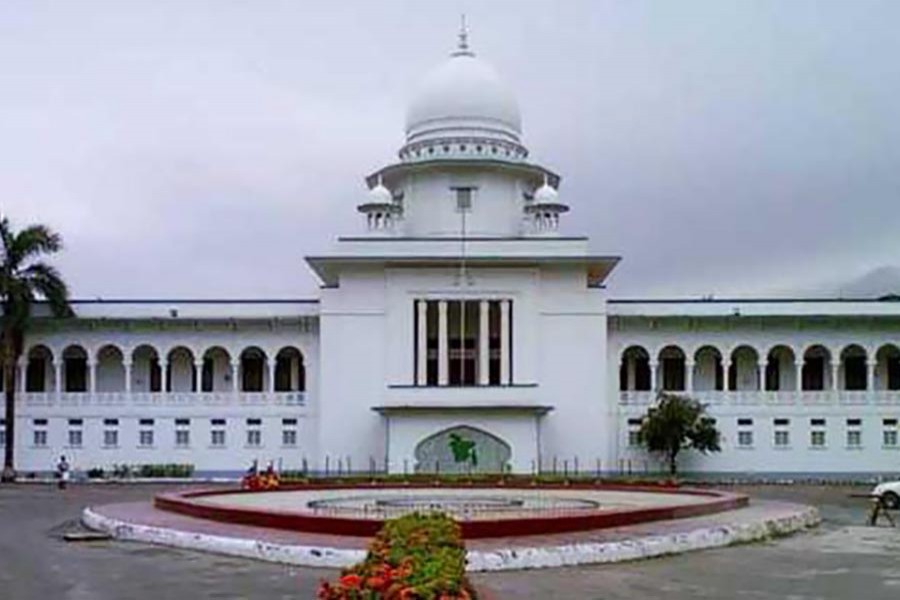The High Court has questioned the legality of an office order of the Dhaka South City Corporation (DSCC) that curtailed the power of issuing nationality, character, and succession certificates of the women councilors from reserved seats.
The court on Tuesday issued a rule upon the respondents to explain why they should not be directed to give equal power to the women councilors from reserved seats of the DSCC as men councilors in issuing nationality, character, and succession certificates.
It also wanted to know in the rule as to why the section 3(3) of the City Corporation Rules, 2012 should not be declared illegal and as to why the notification issued by the DSCC on November 28 in 2021 stopping the functions of the women reserved seats should not be declared illegal.
DSCC Mayor, Law Secretary, LGRD Secretary, and DSCC Secretary have been asked to comply with the rule in two weeks.
The High Court bench of Justice Mamnoon Rahman and Justice Khandaker Diliruzzaman passed the order after hearing a writ petition filed by DSCC’s three councilors, Khaleda Alam, Shaheda Begum and Nasrin Rashid Putul.
Lawyer Md Eunus Ali Akond appeared in the court hearing on behalf of the councilors, while deputy attorney general Bepul Bagmar represented the state.
Later Mr Eunus Ali Akond said the court has issued the rule as per their prayer and the respondents have been asked to comply with the rule in two weeks.
According to the writ petition, the Secretary of the DSCC issued an office order on November 28 last year in this regard.
The notification said, “Only general councilors can issue succession, nationality and character certificates, according to the section 3(3) of the City Corporation Rules, 2012. And the reserved seat councilors have no legal authority to issue any such certificate.”
Lawyer Eunus Ali Akond said, “Everyone has equal rights under the Constitution. However, the DSCC authorities have issued office order barring women councilors in issuing certificates. That is why we have filed the writ petition challenging the section 3(3) of the law and the legality of the office order issued by the DSCC.”


